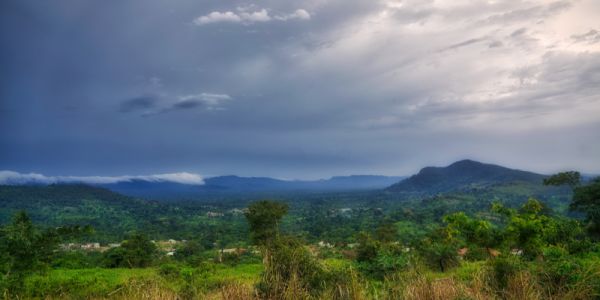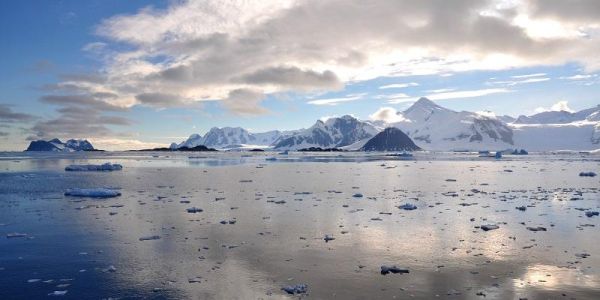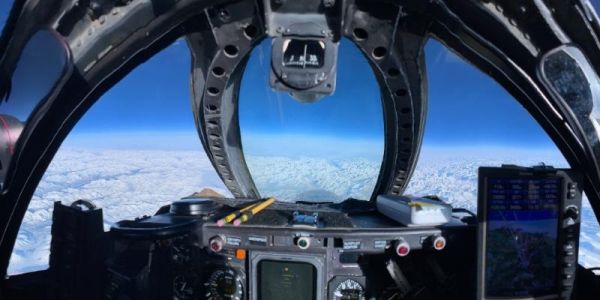
University farm to halve carbon footprint for new research project
The University of Leeds farm is to become a pioneering research station to test and accelerate climate-smart agricultural methods.

The University of Leeds farm is to become a pioneering research station to test and accelerate climate-smart agricultural methods.

A glacier in Antarctica is committing “ice piracy” – stealing ice from a neighbour – in a phenomenon that has never been observed in such a short time frame, say scientists.

Large contrasts in soil moisture levels over a wide area can increase the size and intensity of so-called megastorms which cause flooding and mudslides in hotspots across the globe.

Up to 41% of Britons holidaying abroad could travel by rail instead of air to cut down on carbon emissions, according to a new study by researchers at the University of Leeds.

Children need to be ‘vaccinated’ against fake news and dangerous disinformation, academics have warned, and digital education must improve to ensure they don't fall prey to 'nefarious actors' online.

Astronomers are thought to have discovered a new way to measure how fast a black hole spins: by using the wobbly aftermath from its stellar feasting.

Africa needs long term investment in scientific infrastructure and science careers to allow the continent to adapt to climate change and its effect on weather systems.

Scientists are warning that apparently stable glaciers in the Antarctic can “switch very rapidly” and lose large quantities of ice as a result of warmer seas.

A team of scientists investigating the stratosphere have found particles containing a variety of metals from satellites and spent rocket boosters, vaporised by the intense heat of re-entry.

The continued pursuit of economic growth in high income countries is at odds with the climate targets and fairness requirements of the Paris Agreement, say researchers.